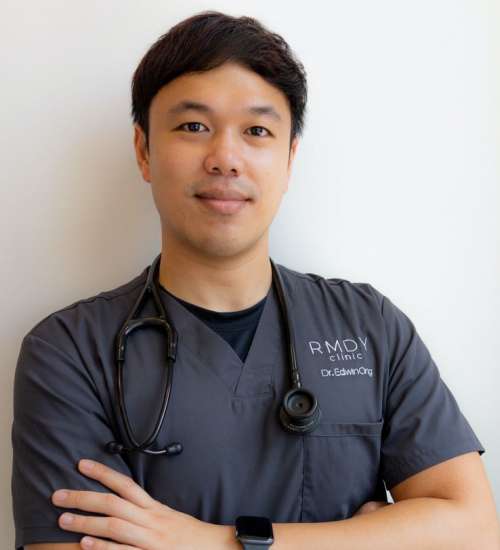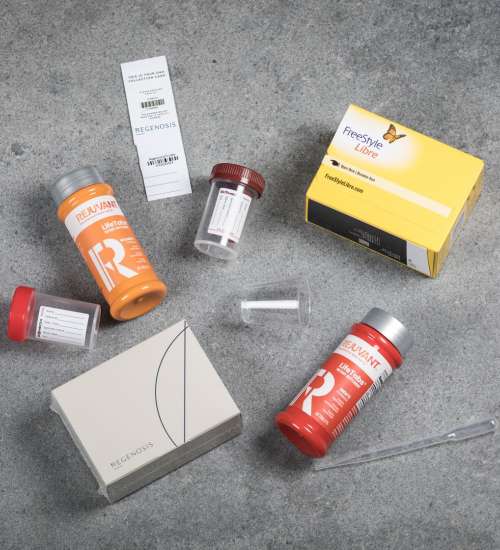Breast cancer remains the most common cancer in women in Singapore and most developed countries in the world. In Singapore, the incidence peaks in women in their 40s to early 50s.
The good news is that breast cancer is highly curable when detected in the early stages. The best strategy for early detection of breast cancer is to have regular screenings.
The types of breast cancer screening include:
Breast self-examination
This should be conducted monthly, preferably when the period is over (for women who are pre-menopausal). Women should check themselves for lumps, skin changes such as redness/swelling/asymmetry/dimpling of skin, nipple discharge/rash/retraction.
Clinical breast examination
Getting a healthcare professional, such as a doctor or trained nurse to examine the breasts.
Radiological examination
Mammogram is the gold standard for breast cancer screening. Modern techniques like 3D mammography improves detection rate and reduces discomfort.
Breast ultrasound is a very useful adjunct to mammographic screening. It is particularly useful in young women and women with dense breasts on mammography.
MRI of the breasts can be used in special circumstances. These include women who have a strong family history of breast cancer, personal high risk of breast cancer, as well as women with implants who prefer to avoid mammographic compression.
In Your 20s:
Breast self-examination monthly, clinical breast examination every two years.
In Your 30s:
Breast self-examination monthly, clinical breast examination every year. Consider breast ultrasound if breasts are very lumpy and difficult to examine, or if the woman has a history of recurrent lumps.
In Your 40s:
Breast self-examination monthly. Mammography screening yearly is recommended from age 40.
In Your 50s:
After menopause, mammography can be conducted once or twice yearly depending on individual risk factors. Prior to menopause, mammography should continue yearly.
While many cancers, including breast cancer, cannot be prevented, modifications to lifestyle may reduce one’s risk to some degree. The American Society of Cancer recommends the following measures that can possibly help reduce a person’s risk of breast cancer:
1. Regular exercise of moderate intensity 30 minutes for at least five times a week, or 150 minutes per week.
2. Avoid a sedentary lifestyle, which includes sitting or lying down for most of the day.
3. Avoid weight gain/obesity, especially after menopause.
4. Look into dietary modifications, which include:
-Calorie adjustments to avoid weight gain
-Plenty of vegetables and fruits daily – those that are brightly colored contain high levels of antioxidants, which are beneficial
-Reduce highly processed foods and refined grains
-Limit intake of red meat and processed meats
-Avoid sugar and sweetened beverages, which can cause weight gain
-Opt for whole grains, such as brown rice and wholemeal bread
5. Limit alcohol intake.
6. Avoid tobacco smoke.
At the end of the day, the best strategy to combat breast cancer is to lead a healthy lifestyle and to try to reduce stress in our daily lives as much as possible. This includes maintaining a positive outlook in life and getting adequate rest and sleep, which will in turn keep our immune system strong. Most importantly, make it a point to go for regular screenings and it will make all the difference.






.jpeg) Dr. Tan Yah Yuen is a Senior Consultant and Breast Surgeon practicing at Solis Breast Care and Surgery Centre
Dr. Tan Yah Yuen is a Senior Consultant and Breast Surgeon practicing at Solis Breast Care and Surgery Centre




 Back
Back
